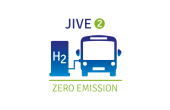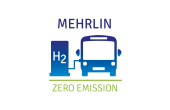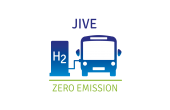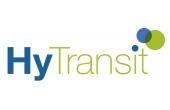Today represents a milestone for the hydrogen sector: the European Commission unveiled the EU Hydrogen Strategy along with the EU Strategy for Energy System Integration, and the European Clean Hydrogen alliance was officially launched.
Hydrogen can support the decarbonisation of industry, transport, power generation and buildings across Europe. The EU Hydrogen Strategy addresses how to transform this potential into reality, through investments, regulation, market creation and research and innovation. Hydrogen can power sectors that are not suitable for electrification and provide storage to balance variable renewable energy flows.
The hydrogen strategy mentions specifically fuel cell buses in two key instances in the document:
- Under section 2 “towards a hydrogen ecosystem in Europe – a roadmap to 2050: “In the first phase, from 2020 up to 2024, […] “hydrogen refuelling stations will be needed for the uptake of hydrogen fuel-cell buses and at a later stage trucks”.
- Under section 4: boosting demand and scaling-up production: “In transport, hydrogen is also a promising option where electrification is more difficult. In a first phase, early adoption of hydrogen can occur in captive uses, such as local city buses, commercial fleets (e.g. taxis) or specific parts of the rail network, where electrification is not feasible.”
In addition, during the launch event of the European Clean Hydrogen Alliance, the strategic importance of having a European fuel cell bus industry (Caetano) was mentioned in the speech of Mr João Galamba, Deputy Minister for Energy - Environment and Climate Action from Portugal.
More information on the European Commission's website.







